Oracle SQL
ORACLE UNIVERSITY COURSE (1Z0-071)
Relational Database concepts
-
Explaining the theoretical and physical aspects of a relational database
-
Relating clauses in SQL Select Statement to Components of an ERD
-
Explaining the relationship between a database and SQL
Restricting and Sorting Data
-
Applying Rules of precedence for operators in an expression
-
Limiting Rows Returned in a SQL Statement
-
Using Substitution Variables
-
Using the DEFINE and VERIFY commands
-
Sorting Data
Using Conversion Functions and Conditional Expressions
-
Applying the NVL, NULLIF, and COALESCE functions to data
-
Understanding implicit and explicit data type conversion
-
Using the TO_CHAR, TO_NUMBER, and TO_DATE conversion functions
-
Nesting multiple functions
Displaying Data from Multiple Tables
-
Using Self-joins
-
Using Various Types of Joins
-
Using Non equijoins
-
Using OUTER joins
-
Understanding and Using Cartesian Products
Using SET Operators
-
Matching the SELECT statements
-
Using the ORDER BY clause in set operations
-
Using The INTERSECT operator
-
Using The MINUS operator
-
Using The UNION and UNION ALL operators
Managing Indexes Synonyms and Sequences
-
Managing Indexes
-
Managing Synonyms
-
Managing Sequences
Managing Views
-
Managing Views
Managing Objects with Data Dictionary Views
-
Using data dictionary views
Retrieving Data using the SQL SELECT Statement
-
Using Column aliases
-
Using The SQL SELECT statement
-
Using concatenation operator, literal character strings, alternative quote operator, and the DISTINCT keyword
-
Using Arithmetic expressions and NULL values in the SELECT statement
Using Single-Row Functions to Customize Output
-
Manipulating strings with character functions in SQL SELECT and WHERE clauses
-
Performing arithmetic with date data
-
Manipulating numbers with the ROUND, TRUNC and MOD functions
-
Manipulating dates with the date function
Reporting Aggregated Data Using Group Functions
-
Restricting Group Results
-
Creating Groups of Data
-
Using Group Functions
Using Subqueries to Solve Queries
-
Using Single Row Subqueries
-
Using Multiple Row Subqueries
-
Update and delete rows using correlated subqueries
Managing Tables using DML statements
-
Managing Database Transactions
-
Controlling transactions
-
Perform Insert, Update and Delete operations
-
Performing multi table Inserts
-
Performing Merge statements
Use DDL to manage tables and their relationships
-
Describing and Working with Tables
-
Describing and Working with Columns and Data Types
-
Creating tables
-
Dropping columns and setting column UNUSED
-
Truncating tables
-
Creating and using Temporary Tables
-
Creating and using external tables
-
Managing Constraints
-
Controlling User Access
-
Differentiating system privileges from object privileges
-
Granting privileges on tables
-
Distinguishing between granting privileges and roles
Managing Data in Different Time Zones
-
Working with CURRENT_DATE, CURRENT_TIMESTAMP and LOCALTIMESTAMP
-
Working with INTERVAL data types
<<<<<<<<<<
Learn SQL from an Architect who worked 16 years in SQL
An Oracle Certified Professions (OCP)
Oracle Technology Network (OTN) Badge - Silver
>>>>> >>>>>
This course designed to learn Oracle SQL step by step and master it.
Database Developer are mostly sought and highly paid job (60,000$ - 100,000$ per year).
You can learn SQL and clear Oracle certification 1Z0-071 (OCA- Oracle Certified Associate), It will give boast to your career as a Pro-SQL Programmer.
1Z0-071 question after each topic will help you to clear the certification.
It is also much easier to master the language as there is no prerequisite to learn SQL.
I have around 16 years of real time IT experience as an Architect in Database related technologies. This course is prepared based steps by step approach with real time coding standards and best practices in the industry, what I have learned in my career.
It will definitely helpful all the aspirant who wants to join IT industry as database developer.
>>>>Be a Pro- Oracle SQL Developer | Clear Oracle Certified Associate Exam | A Complete SQL Bootcamp ! <<<
Lokanath Giri
Bangalore/India
I am an OCP - Oracle Certified Professional SQL, PLSQL, Data Modeling and ETL etc.I am an OCP - Oracle Certified Professional SQL, PL/SQL, Data Modeling and ETL
View Profile
